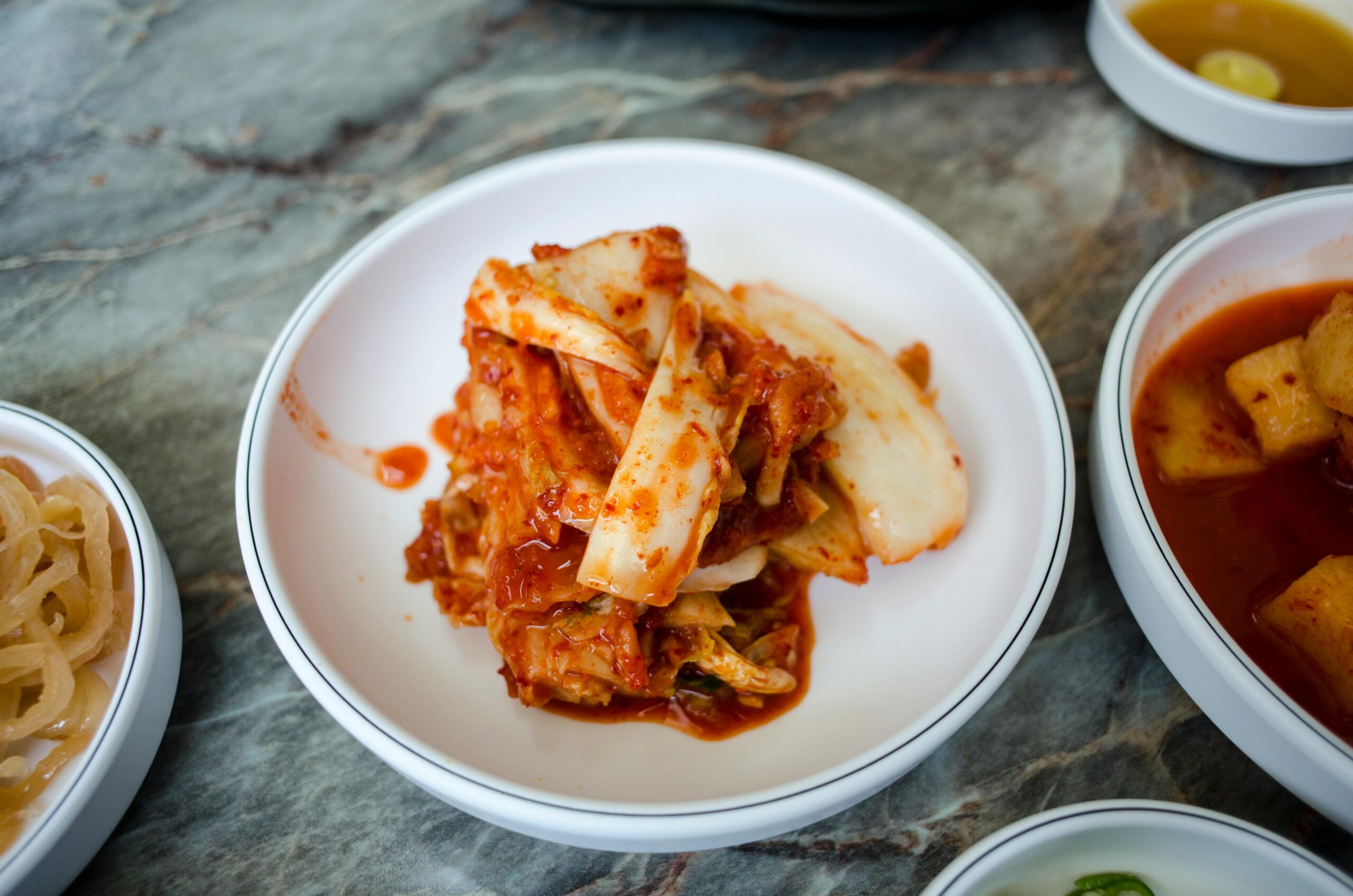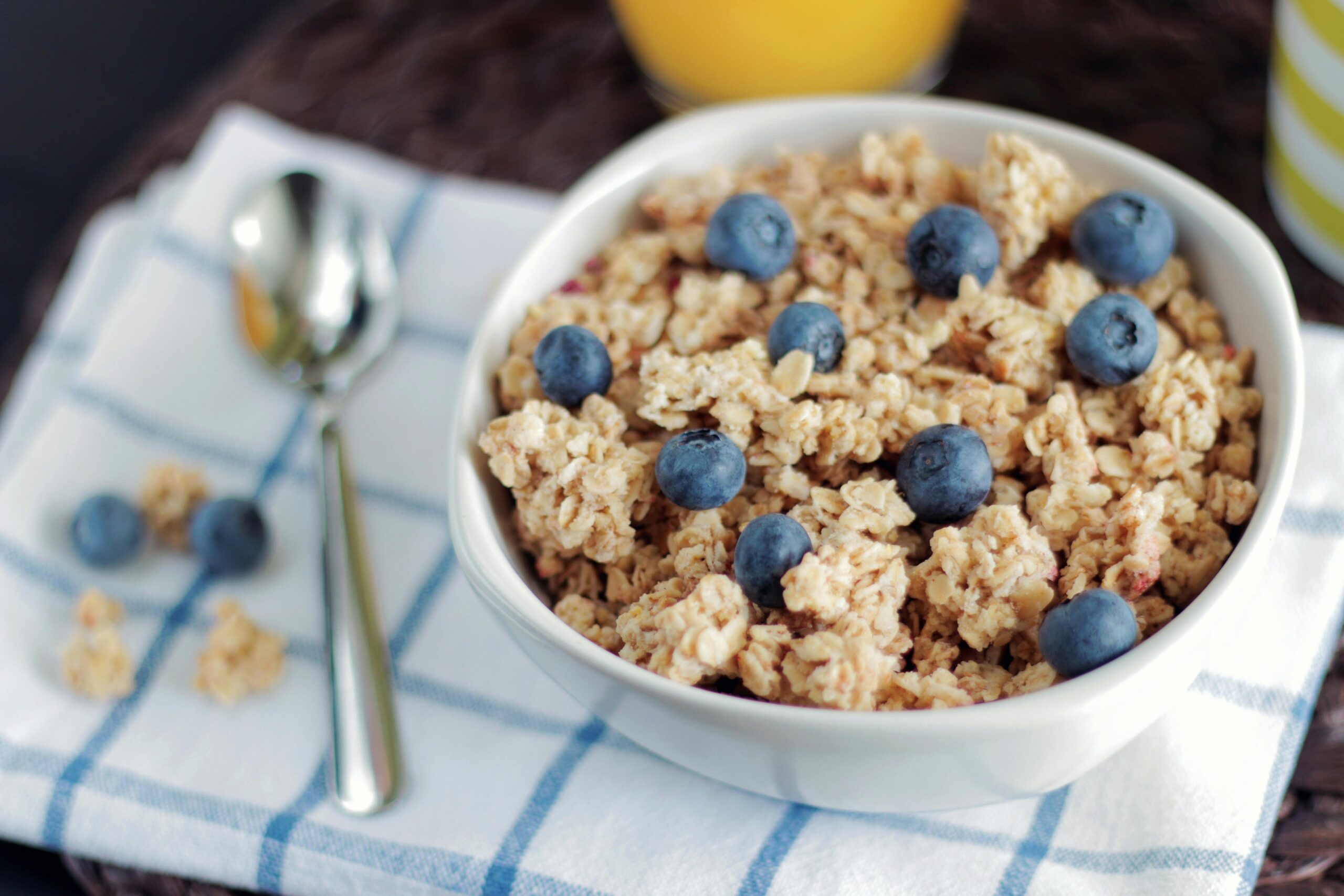The term “Western Diet” refers to those who consume a large number of calories from highly processed foods. Convenience over quality has determined the nutrition of many Americans with a multitude of negative effects. Scientists are now finding that inflammatory bowel disease and other gut disorders may link directly to the effects of a Western diet that is high in fat and sugar.
Findings show that eating foods high in sugar and fat cause Paneth cell dysfunction in animal models and human subjects. The abnormal function of these cells is a key aspect of inflammatory bowel disorders such as Crohn’s disease. The research stemming from these studies may be a potential aid in the rehabilitation of the Paneth cells through transitioning the diet of patients suffering from certain forms of gut inflammation, infections, and diseases.
Studies of Paneth Cells in Animal Models
Researchers begin by noticing a link between high body mass index (BMI) and unhealthy Paneth cells. The findings show that the higher an individual’s BMI, the more deviant their Paneth cells are. This same occurrence also happens when studying healthy people with Crohn’s disease.
Using this same finding and logic, researchers performed an eight-week study on mice with an obesity predisposition due to a mutation that keeps them from sensing fullness. Surprisingly, researchers found that the Paneth cells of the obese mice looked normal when fed a typical diet.
Scientists took these same mice and fed them a diet containing 40% of calories from fat and sugar for eight weeks. Researchers examined the cells of these mice under a microscope and found that the Paneth cells looked abnormal.
The Paneth cells in these mice returned to normal in just four weeks after eating a healthy diet low in sugar and fat.
Significant Study Findings
“Obesity wasn’t the problem per se[…] Eating too much of a healthy diet didn’t affect the Paneth cells. It was the high-fat, high-sugar diet that was the problem,” explains Ta-Chiang Liu, MD, Ph.D. in a statement. Liu is a lead author of the study and an associate professor of pathology and immunology at Washington University.
While the study shows Paneth cell recovery after 4-weeks of healthy eating in mice, scientists and researchers remain unsure if this same occurrence will happen in humans that change their diet after decades of eating a diet leading to obesity. The question remains if there is a point at which Paneth cell damage is permanent and there is an inability of the cells to heal naturally after long-term contributions to the cell damage due to high fat and sugar diets.
The study findings also show a connection between Paneth cell dysfunction due to diet and the metabolism of a secondary bile acid, called deoxycholic acid. This acid generates due to the metabolism of bacteria in the gut and increases the action of farnesoid X receptor and type 1 interferon. These are two immune molecules that impede normal Paneth cell function.
Future Research
As research continues, scientists are working to discover if fat or sugar is the primary key in Paneth cell disruption. Studies on Paneth cell restoration to improve gut health are also in progress. This research will explore how targeting deoxycholic acid, farnesoid X receptor, and type 1 interferon might improve Paneth cell function.
The ongoing study of the relationship between diet on immune cells and gut health has hopeful future health, wellness, and medical benefits. Combining this telling research with diet changes could potentially be a key factor in treating and preventing patients with inflammatory bowel disease, Crohn’s disease, and gut disorders.
This study is published in Cell Host & Microbe












